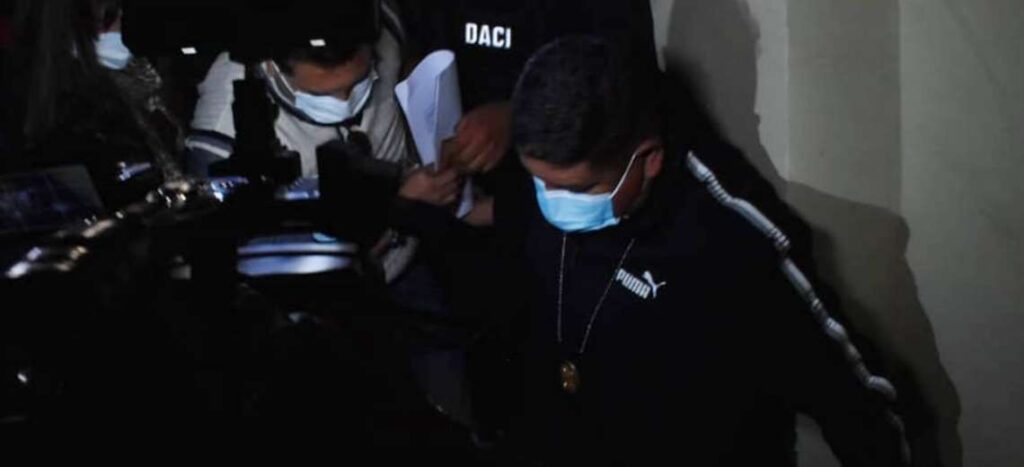In the Hospital de Pediatría Garrahan two patients are treated with the hepatitis acute of unknown origin, which has been registered in different countries and has health institutions on alert. In the last few hours, the Ministry of Health confirmed that adenovirus F41 was identified in those affected in Argentina.
One of the patients with hepatitis had to undergo a liver transplant, while experts try to determine a treatment to stop the progression of the illness. Adenovirus F41 was also confirmed by the CDC (Centers for Disease Control and Prevention) in patients treated in the United States.
The head of the Garrahan Hospital Epidemiological Control and Infectology Service, María Rosa Bologna, confirmed that the two patients with hepatitis presented adenovirus in their blood, which coincides with the international alert.
One of the children treated at the pediatric center is one year and seven months old, is originally from Bahía Blanca and began with symptoms on April 28. the ailment it evolved rapidly and caused liver failure, for which he was transplanted on May 6.

The minor had no history, did not receive the coronavirus vaccine due to his young age and type A influenza was detected in the nasal swab that was performed. “After the transplant, the child evolved favorably and is currently in a common room,” the institution reported.
The emergence of hepatitis in children
The first case of hepatitis in children was detected in the United Kingdom on April 5, when the National Liaison Center for International Health Regulations warned about the disease that evolves rapidly and can worsen in just a few days.

PAHO (Pan American Health Organization) revealed that as of May 10, 348 probable cases have been reported in 21 countries. Of the total number of patients, 26 required a transplant and six deaths related to the disease are analyzed.


















